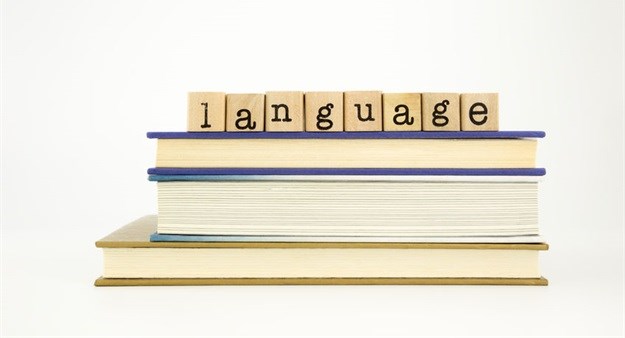






Earlier in 2016, AfriForum approached the High Court in Pretoria with a challenge to Unisa's plan to end parallel-language instruction.
The group argued that the decision was procedurally flawed because there was no consultation and demographic factors were not considered.
AfriForum claimed that the 10% of Unisa students who relied on Afrikaans as a medium of instruction would be affected by the new language policy.
It said Unisa's new policy violated the constitutional guarantee of the right to choose a language of tuition in a public education institution.
Two traditionally Afrikaans universities - the University of the Free State (UFS) and University of Pretoria (UP) - recently decided to give more emphasis to English as a medium of instruction.
AfriForum has also challenged the constitutionality of the UFS and UP language policies.
In July, the High Court in Bloemfontein ruled in favour of AfriForum's bid to stop a proposed change to the UFS language policy.
The university has appealed against the ruling.
In the Unisa matter, AfriForum wanted to provisionally interdict the university from implementing the new language policy until the courts had ruled on its main application to review and set aside the language policy.
Judge Roland Sutherland, who presided over the case, ruled last week that students would not be prejudiced, because offerings in Afrikaans at Unisa were already slim and existing students would be allowed to complete courses started in Afrikaans.
The judge pointed out that the issues faced by potential Afrikaans students preparing to learn in English would be no different from the majority of other students whose mother tongue was neither English nor Afrikaans.
Those calling for Afrikaans universities to remain as such argue that the Constitution guarantees everyone education in their mother tongue. Their general stance is that Afrikaans communities have a constitutional right to demand tertiary education in Afrikaans.
Alana Bailey, the deputy CEO of AfriForum, said on Monday that the ruling was a minor blow.
"This case was only on interim implementation, while the main case is pending ... so the ruling has no bearing on the other two cases," said Bailey.
"In his judgment, Judge Sutherland said the Unisa policy indeed discriminates against students, so that is good news for the other cases and the main Unisa policy case."
Unisa spokesman Martin Ramotshela said Unisa would now proceed with its operations and implement its new language policy as planned for 2017.
Source: Business Day

For more than two decades, I-Net Bridge has been one of South Africa’s preferred electronic providers of innovative solutions, data of the highest calibre, reliable platforms and excellent supporting systems. Our products include workstations, web applications and data feeds packaged with in-depth news and powerful analytical tools empowering clients to make meaningful decisions.
We pride ourselves on our wide variety of in-house skills, encompassing multiple platforms and applications. These skills enable us to not only function as a first class facility, but also design, implement and support all our client needs at a level that confirms I-Net Bridge a leader in its field.
Go to: http://www.inet.co.za